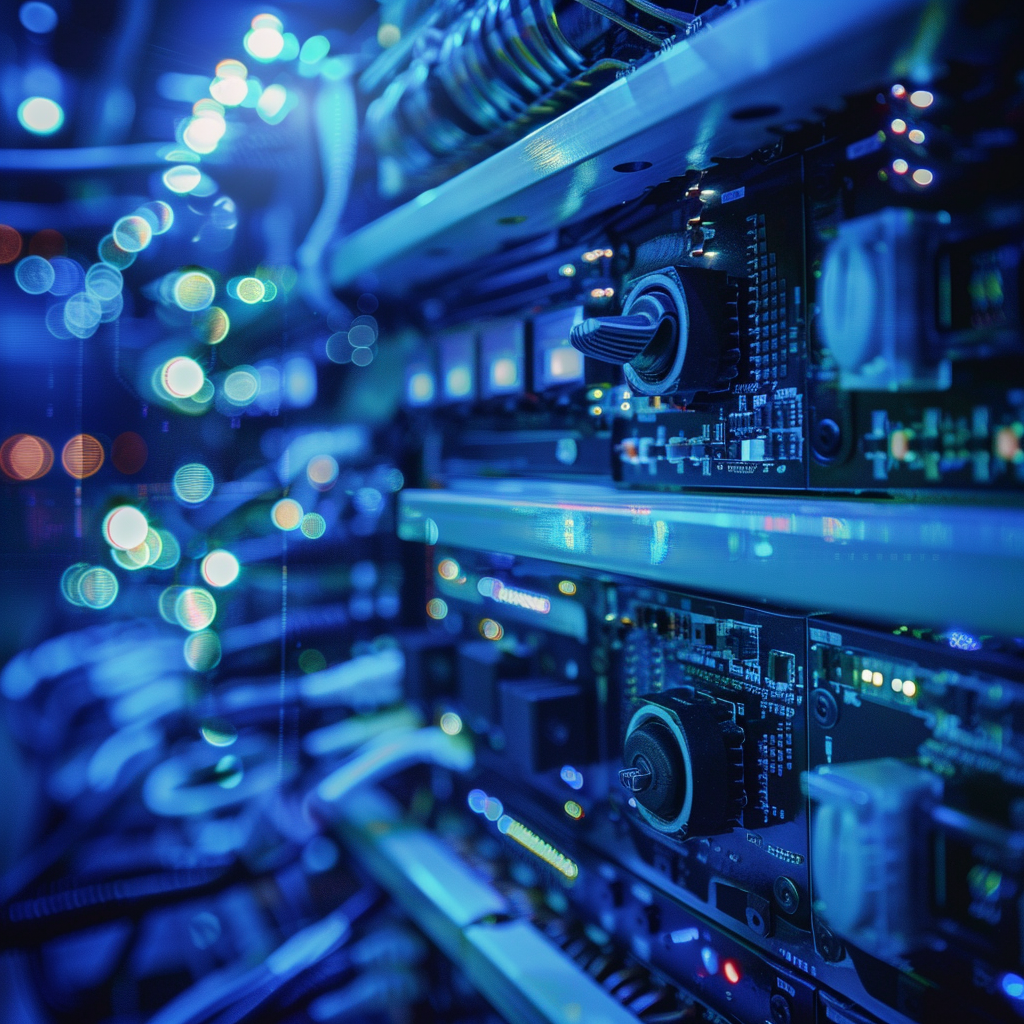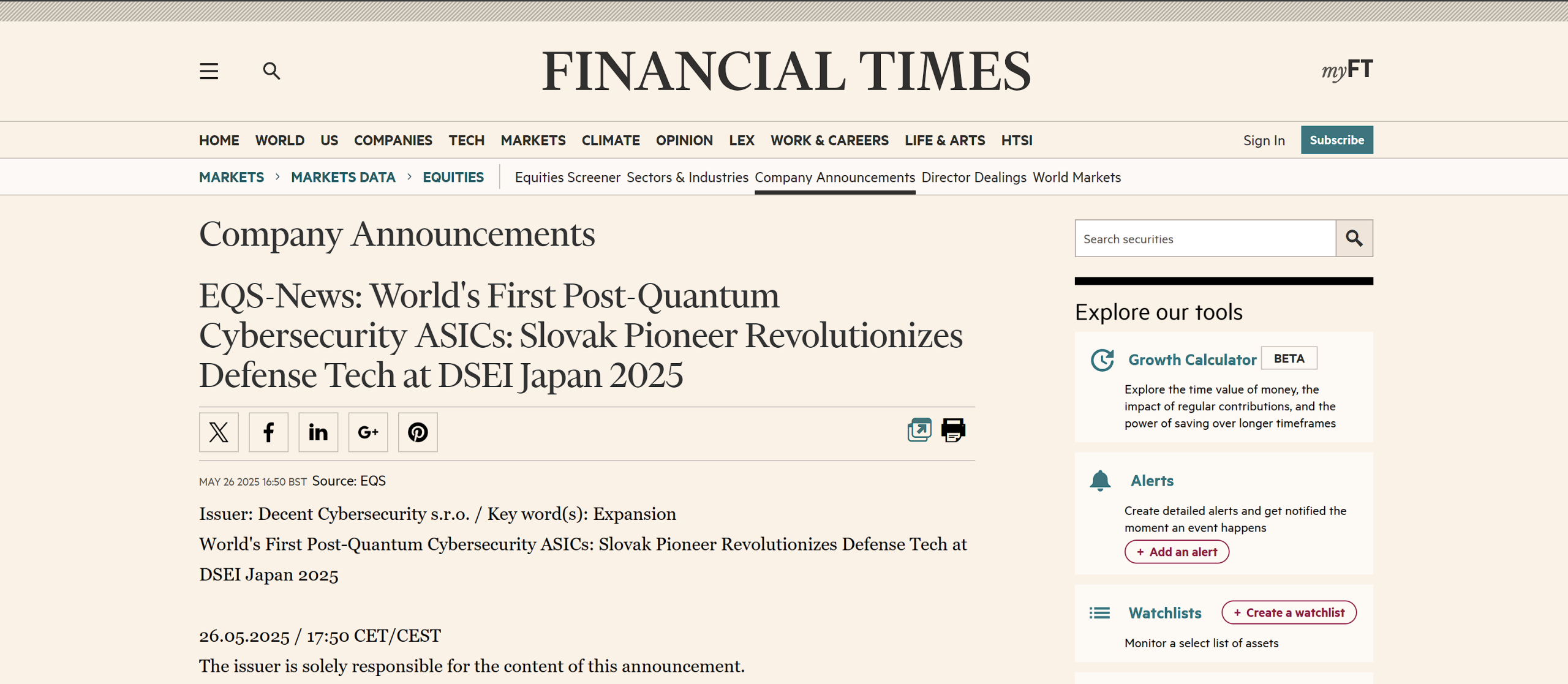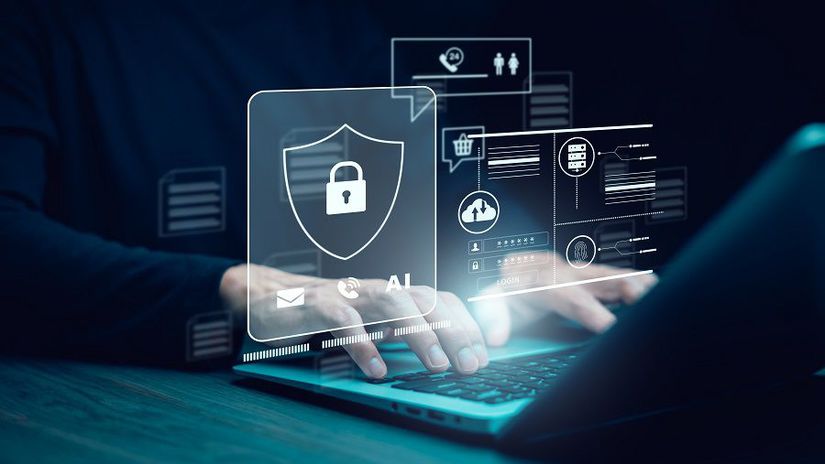Identification Friend or Foe (IFF) systems are critical for maintaining operational security and safety in military engagements, distinguishing between allied and adversary forces across air, land, and sea. As the sophistication of cyber threats increases, particularly with the advent of quantum computing, the need for robust cybersecurity measures in IFF systems has become paramount. This article explores how IFF systems can benefit from integrating post-quantum cybersecurity (PQC), ensuring reliability and security in increasingly contested environments.
The Quantum Threat to IFF Systems
Quantum computing presents a significant threat to the cryptographic measures that protect communication and data within IFF systems. Current cryptographic protocols, such as public-key infrastructures, which secure these systems, are vulnerable to quantum attacks. Such vulnerabilities could potentially allow adversaries to disrupt or manipulate IFF signals, leading to misidentification of forces and catastrophic friendly fire incidents. As nations begin to develop quantum computing capabilities, the urgency to transition to quantum-resistant cryptographic methods intensifies.
Advantages of Post-Quantum Cybersecurity for IFF Systems
1. Enhanced Signal Security
Integrating PQC within IFF systems ensures that the signals transmitted and received are protected against interception and decryption by quantum-capable adversaries. This safeguard maintains the integrity of the communication, ensuring that operations involving identification processes are secure from external manipulation.
2. Protection of Sensitive Data
IFF systems handle highly sensitive operational data that must remain confidential and tamper-proof. PQC provides a robust security layer that ensures the confidentiality and integrity of this data against future quantum threats, thus protecting critical military information.
3. Future-Proofing Technology Investments
As military technology evolves, incorporating PQC into new and existing IFF systems ensures that these investments are future-proofed against upcoming quantum threats. This preemptive strategy prevents the need for costly overhauls and retrofits once quantum attacks become a viable threat.
4. Maintaining Operational Continuity
In the high-stakes environment of military operations, the reliability and continuity of IFF systems are non-negotiable. PQC ensures that these systems can operate as intended, even in the face of evolving cyber threats, thus maintaining operational effectiveness and preventing disruptions.
5. Compliance with Emerging Standards
As international cybersecurity standards evolve to include quantum resistance, integrating PQC into IFF systems ensures compliance with these future standards. This adherence not only helps in maintaining interoperability among allied forces but also safeguards against potential legal and security implications of non-compliance.
6. Strengthening Coalition Operations
In coalition operations, the compatibility and security of IFF systems among allied forces are crucial. By adopting a standardized quantum-resistant cryptographic approach, nations can ensure that their IFF systems are secure and interoperable, enhancing collective defense mechanisms.
7. Deterrence of Adversarial Advances
Enhancing IFF systems with PQC can serve as a deterrent against adversaries. Knowing that quantum decryption capabilities cannot compromise these systems may deter adversaries from engaging in certain hostile actions, thus contributing to strategic stability.
Conclusion
The integration of post-quantum cybersecurity into IFF systems represents a critical step forward in military technology. By adopting PQC, defense forces can protect these vital systems from emerging quantum threats, ensuring that they continue to provide reliable and secure service in the future battlefield landscape. As the global race towards quantum computing accelerates, proactive upgrades to quantum-resistant technologies in IFF systems will not only enhance national and allied security but also set a strategic precedent in modern military operations.





